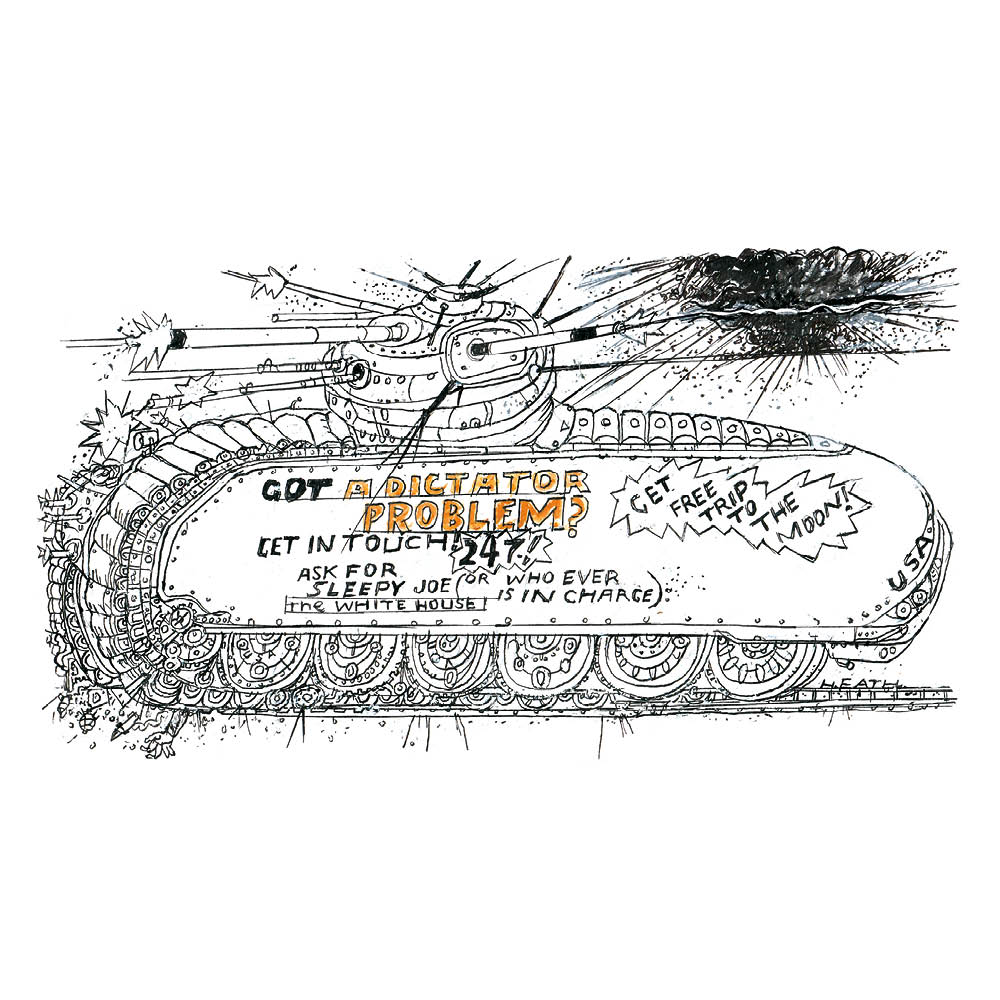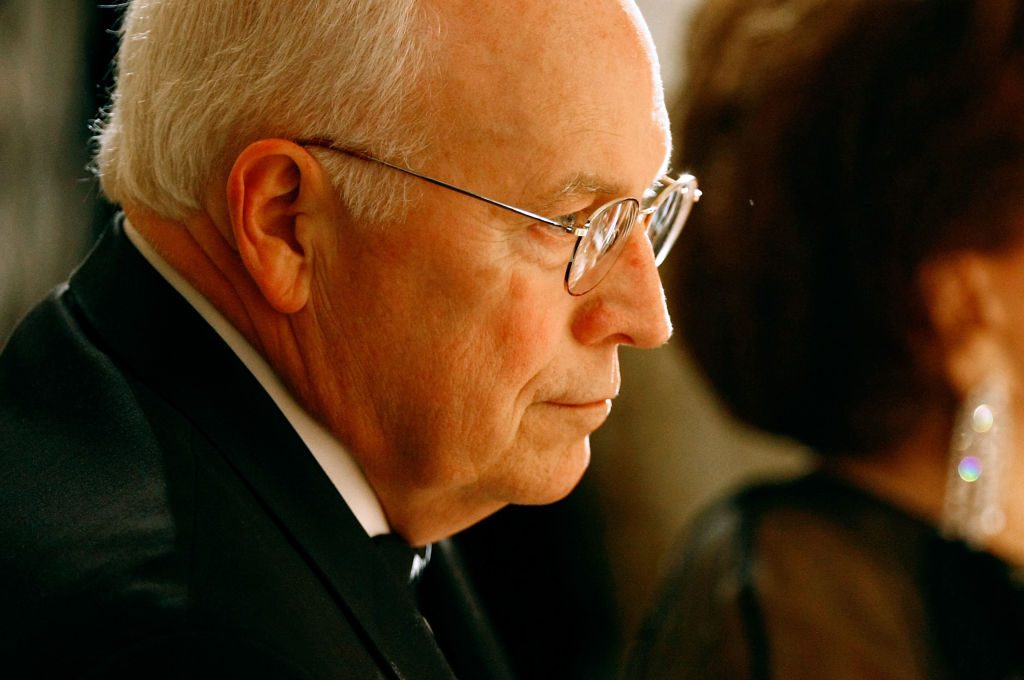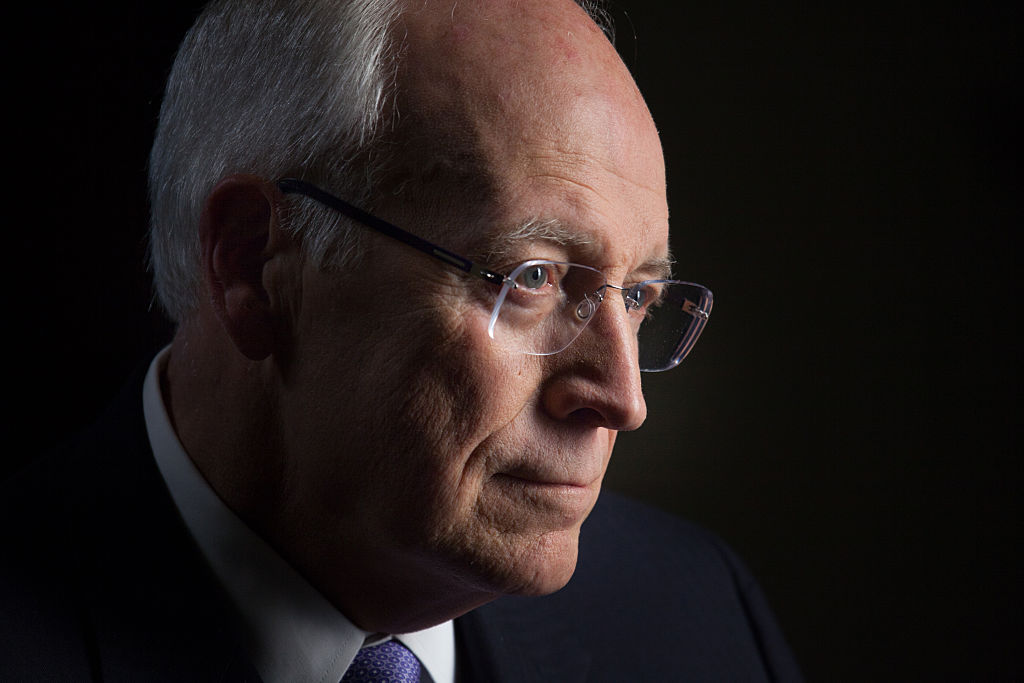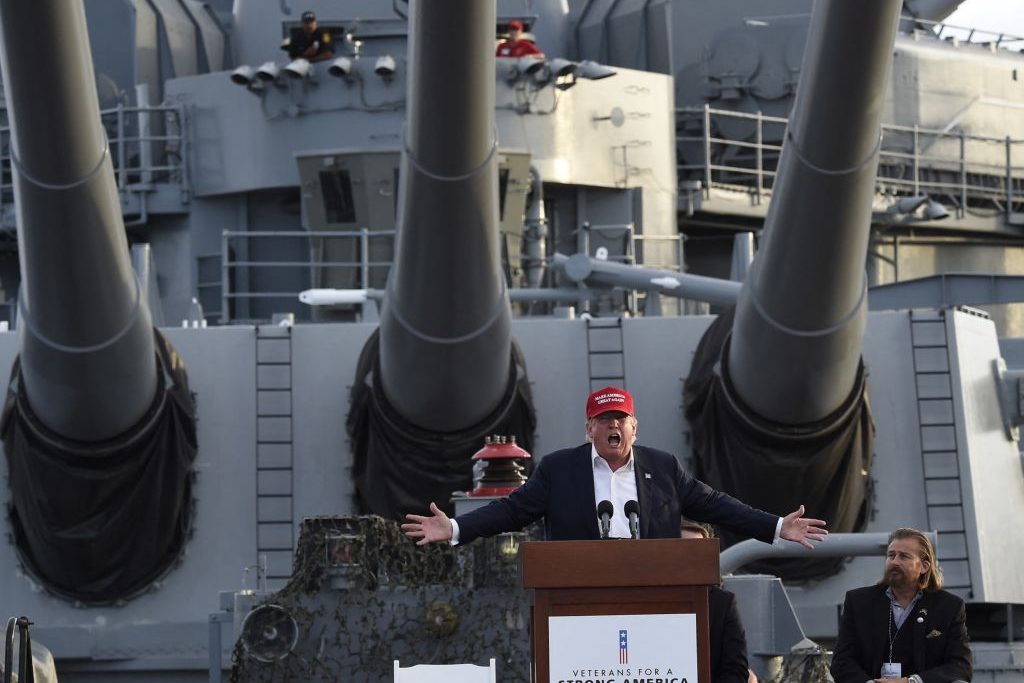In July 4, 1821, secretary of state John Quincy Adams gave a speech to Congress on American foreign policy. He said of the United States that “wherever the standard of freedom and independence has been or shall be unfurled, there will her heart, her benedictions and her prayers be. But she goes not abroad, in search of monsters to destroy.”
For the first 150 years of the republic, its leaders dutifully observed Adams’s counsel. But after Woodrow Wilson’s intervention in World War One, American policy has tacked in the opposite direction. For over a century America has indeed been going abroad, searching for monsters to destroy. Steve Coll has explored how America’s proactive and tentacular foreign policy has shaped the histories of countries very distant and very different from the United States. His prize-winning books on Afghanistan, Pakistan, Saudi Arabia and the global oil market have all parsed how policies developed in Washington have played out overseas, often with disastrous consequences.
In The Achilles Trap: Saddam Hussein, the CIA, and the Origins of America’s Invasion of Iraq, Coll turns his focus to Iraq. His story begins in 1979, the year Saddam Hussein became president. It would have been hard then to imagine that Iraq would much interest the United States. A country of only 14 million people, it had little to distinguish it from other newly independent states in the region. Nor was Saddam Hussein all that different from the strongmen that held power across the global south. Saddam was a secular modernizer, corrupt and unusually brutal, but recognizably in the same mold as a dozen other Third World dictators. His regime was neither pro-American nor pro-USSR. It had no time for Islamism. If it had any ideological character at all, it was the generic anti-imperialism and anti-Zionism found across the region. With his pistol tucked into his military fatigues and a cigar in his hand, Saddam was an Iraqi Castro without the Marxism.
Yet Saddam’s entire life was shaped by the vagaries of American policy. A CIA-backed coup in 1963 brought the Ba’ath Party to power and gave him his entrée to politics. In the 1980s, Saddam was wooed by Washington and fawned over by Donald Rumsfeld. Oil deals worth billions of dollars were signed. When Iraqi jets mistakenly bombed the USS Stark in 1987 the incident was brushed over. Then the Washington machine turned against him after Iraq invaded Kuwait. The United States invaded Iraq in 1991 and then again in 2003. In between, it subjected the country to occasional bombings, a program of destabilization campaigns and a brutal sanctions regime that reduced GDP per capita by 90 percent. The second Gulf War toppled Saddam’s government, killed his sons and de-Ba’athified the country. American special forces pulled Saddam out of a hole near Tikrit in 2003; the American military guarded the court that condemned him to death in 2006.
Coll’s title alludes to Homer, and his subject matter has the arc of Greek tragedy. It is a superb and terrifying account of how the life of one man became the plaything of the gods of the Washington metropolitan area. It is impossible to read it and not paraphrase Laocoön’s famous admonition from the Iliad: beware of Americans bearing gifts. Although Saddam’s story begins in 1979, his imbroglio with the United States began on July 27, 1982 when Tom Twetten stepped off a plane in Baghdad. Twetten worked for the CIA and he had come with an unsolicited offer. Saddam was at war with Iran. The war wasn’t going well. The United States had satellite intelligence which could help the Iraqis on the battlefield. Saddam could have it, no strings attached. “We don’t need it,” came the response. “We don’t want it — and you can leave.”
It is tempting to speculate what history would have looked like if Iraq’s initial refusal had stuck. But that’s not what happened. The CIA persisted and eventually the Iraqi military began using American intelligence. The tide of war turned in their favor. So began a near decade-long romance between Washington and Baghdad. Coll chronicles how, virtually up until the moment that Saddam invaded Kuwait, the first Bush administration was looking at ways to deepen Iraqi-American relations.
The First Gulf War is the fulcrum of The Achilles Trap. It was the event that changed everything and ultimately led to Saddam’s downfall. The war is often remembered as the moment when the world woke up to the horror of Saddam’s regime and moved to restrain a rabid dictator. Coll’s expert retelling complicates that narrative. Saddam had already started one illegal war when he invaded Iran; Kuwait was not his first rodeo. While the world rightly remembers his horrific repression of the Kurds in the immediate aftermath of the Iraqi withdrawal from Kuwait, here too he had form. Some of the most disturbing parts of The Achilles Trap describe the persecution of the Kurds during the Anfal campaign of 1988. Over a period of seven months that year, some 50,000 Kurds were trucked out into the desert and shot; in Halabja Kurds were attacked with mustard gas, killing and injuring thousands. The Reagan administration knew and successfully blocked a bill in Congress which would have sanctioned Iraq for the systematic murder of its Kurdish minority. From Saddam’s point of view, US indifference to this recent history signaled that it wasn’t bothered by his planned invasion of Kuwait. He assumed the CIA knew about it and that if the Americans had wanted to stop him they would have. Years later he would ask American investigators: “If you didn’t want me to go in, why didn’t you tell me?”
The real reason the First Gulf War constituted a turning point was because it exposed the extent of Saddam’s WMD program. Saddam had been attempting to acquire a nuclear weapon for a decade and had used chemical weapons against both the Iranians and the Kurds. But it was not until the American intervention in Kuwait that the CIA woke up to the full extent of his ambitions. Saddam thought of WMD as a legitimate force multiplier that would allow Iraq to stand on equal terms with its regional rivals, especially Israel. This, Coll writes, was “a complete misreading of international attitudes.” Saddam didn’t understand that WMD were taboo and that the United States would never tolerate a nuclear Iraq.
His failure to grasp this essential fact was his undoing; it is also an insight into Saddam’s character. Unlike the urbane men who ruled in Amman, Riyadh and Cairo, Saddam was a lower-middle class provincial, who had come up through violence, spoke no English and had a poor understanding of the world beyond Iraq’s borders. He never developed a sophisticated understanding of the United States and his self-image as an anti-imperialist warrior prevented him from seeing how America viewed his regime.
The irony was that the war did actually impress upon Saddam the significance of the taboo on nuclear proliferation. In its aftermath he canceled his nuclear program and destroyed his WMD stocks. He also permitted a team of UN inspectors to operate inside Iraq. The problem was that Saddam never confessed to having destroyed his weapons and his henchmen obstructed inspections, making it look like he had something to hide. This game of masquerade and misperception led to the tragicomic diplomatic standoff that preceded the 2003 invasion, wherein the Bush administration insisted that the only way Saddam could avoid regime change was by proving he did not have the WMD that he really did not have. Coll sees the Second Gulf War as motivated neither by oil nor by neocon fantasies. Instead, Bush inherited a set of attitudes and policies toward Iraq that had been in place since 1991 and had led to a general sense that Saddam was a problem that needed an American solution.
Coll is more a hedgehog than a fox. His method is to dive deeply into one subject rather than surveying a dozen. Perhaps, he suggests, if we can understand the story of America’s encounter with Iraq, we will have a model for understanding American empire more generally. Saddam is not just a case-study but a synecdoche. If this approach has a drawback it is that we occasionally lose sight of Iraq’s position on the larger chessboard. Like the Norwegians in Hamlet, the Iranians are lurking offstage in The Achilles Trap and are in some respects its real protagonists.
Tom Twetten went to Baghdad to prevent Iran taking Basra and precipitated a series of events that led to the de facto Iranian takeover of Iraq and a massive increase in Iranian influence in Syria, Lebanon and Yemen. Saddam, as George W. Bush might put it, was a bad guy and his comeuppance was richly deserved. But his removal solved nothing and complicated everything. Twenty years on there are still monsters everywhere.
This article was originally published in The Spectator’s April 2024 World edition.























Leave a Reply